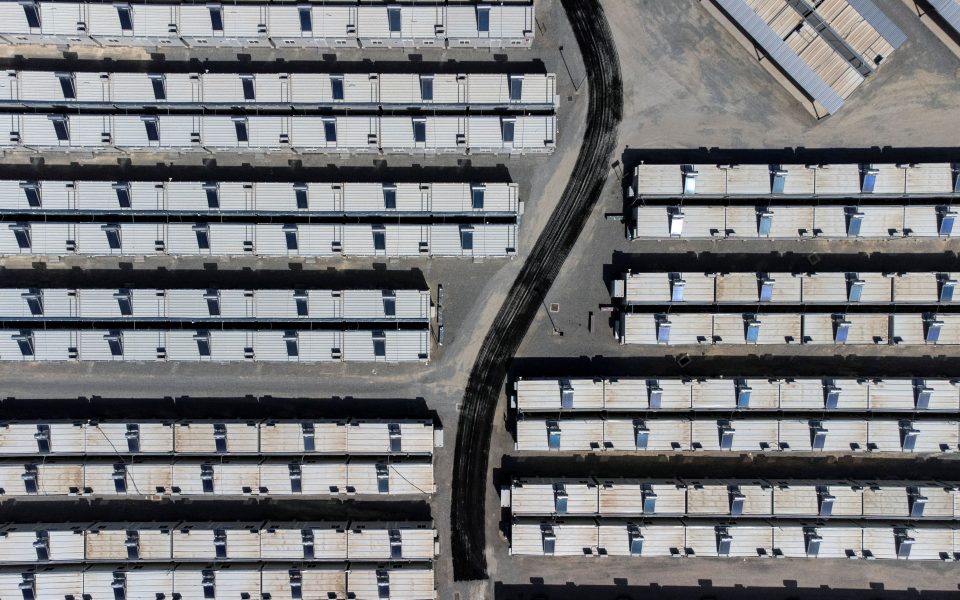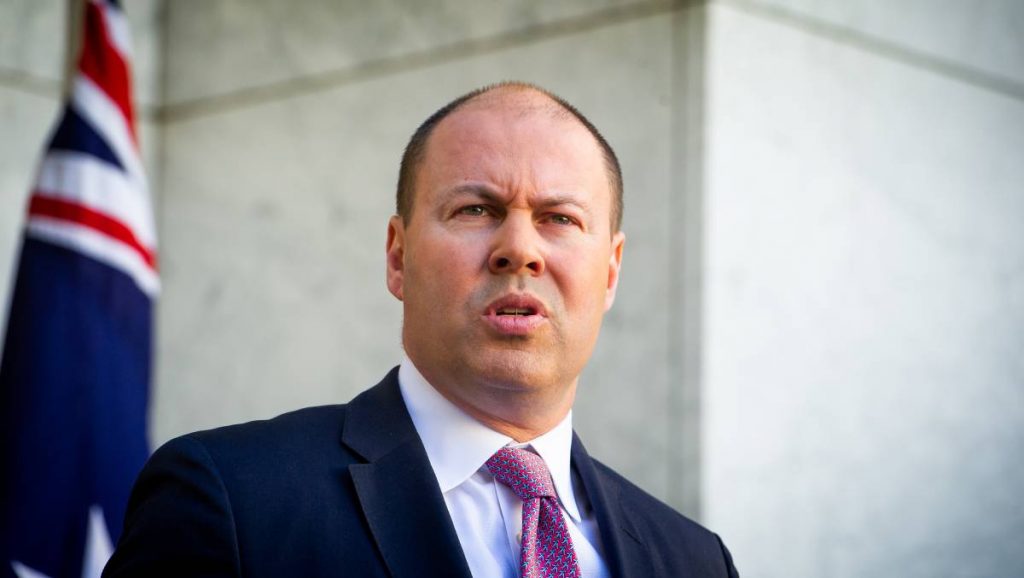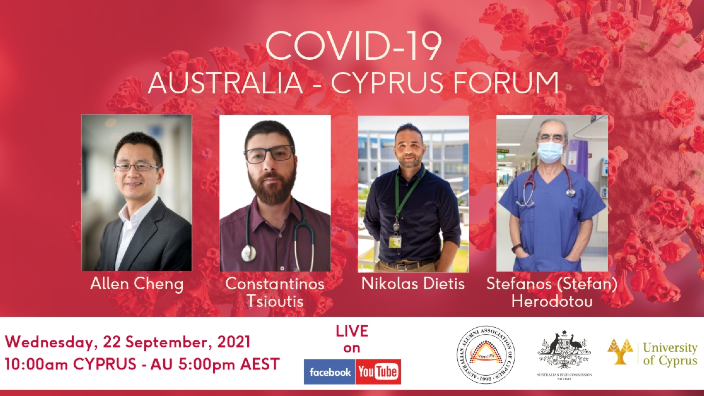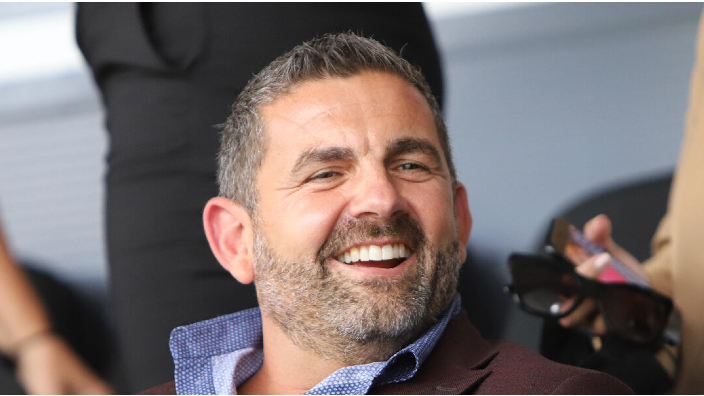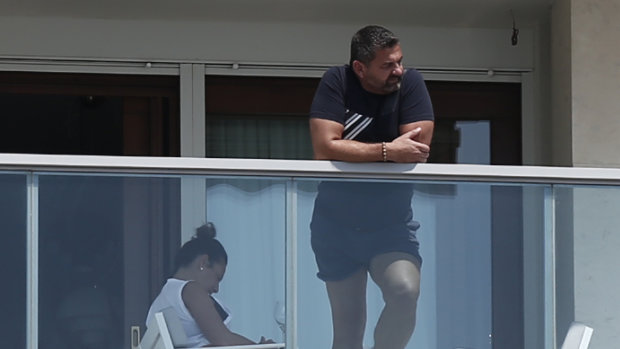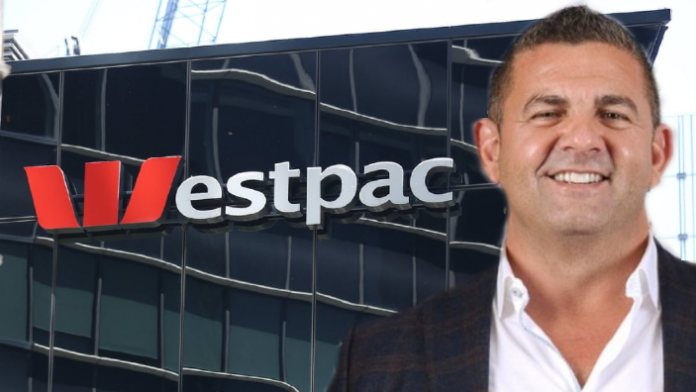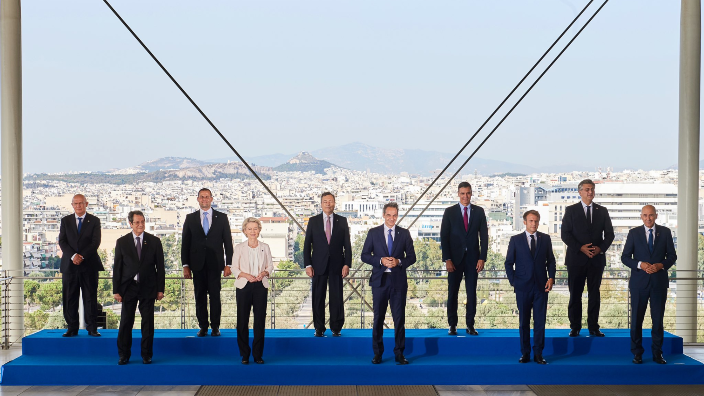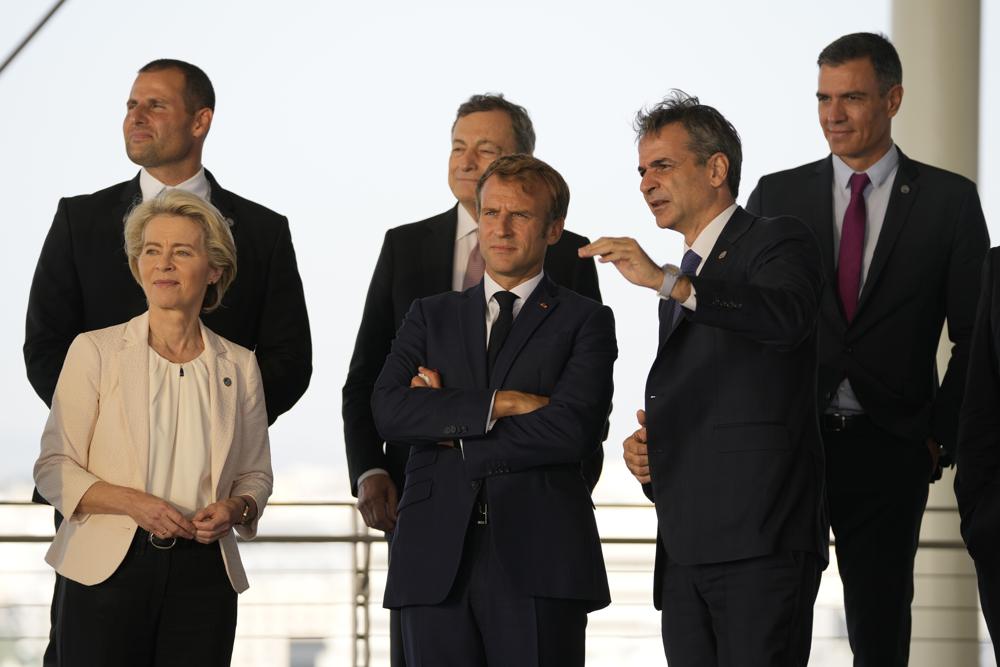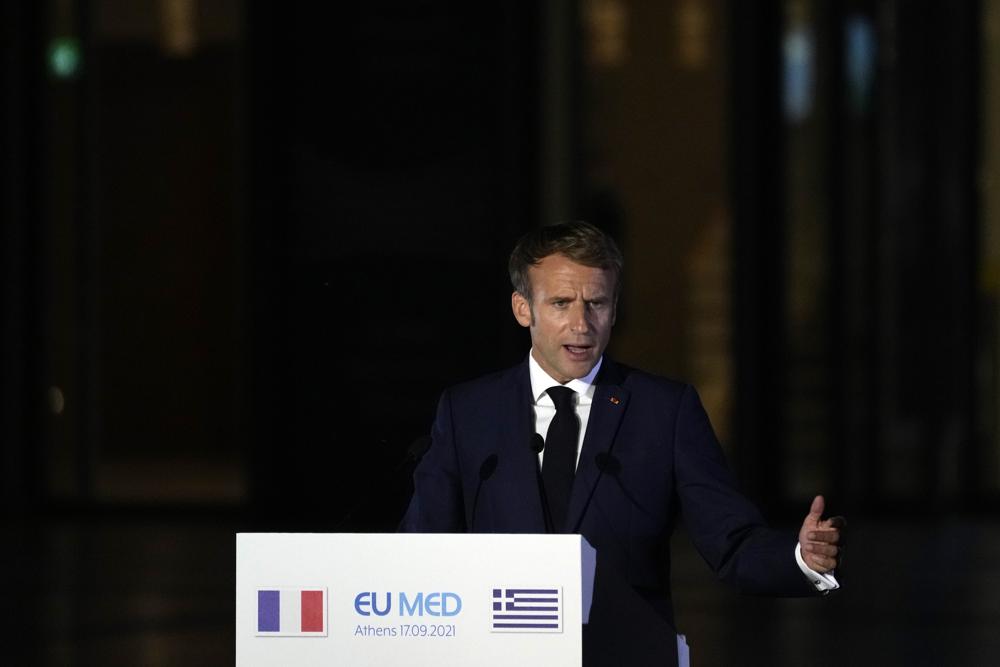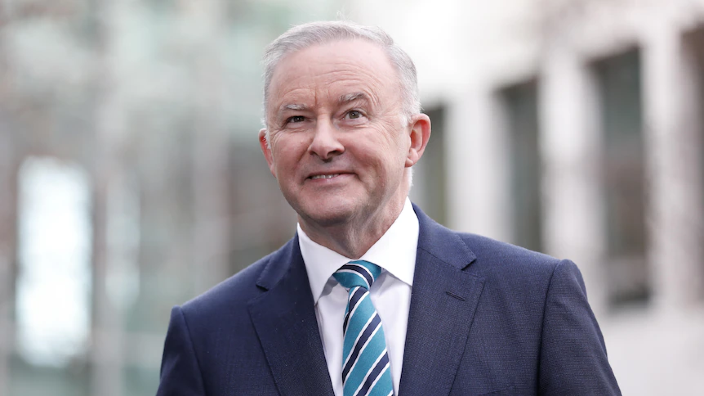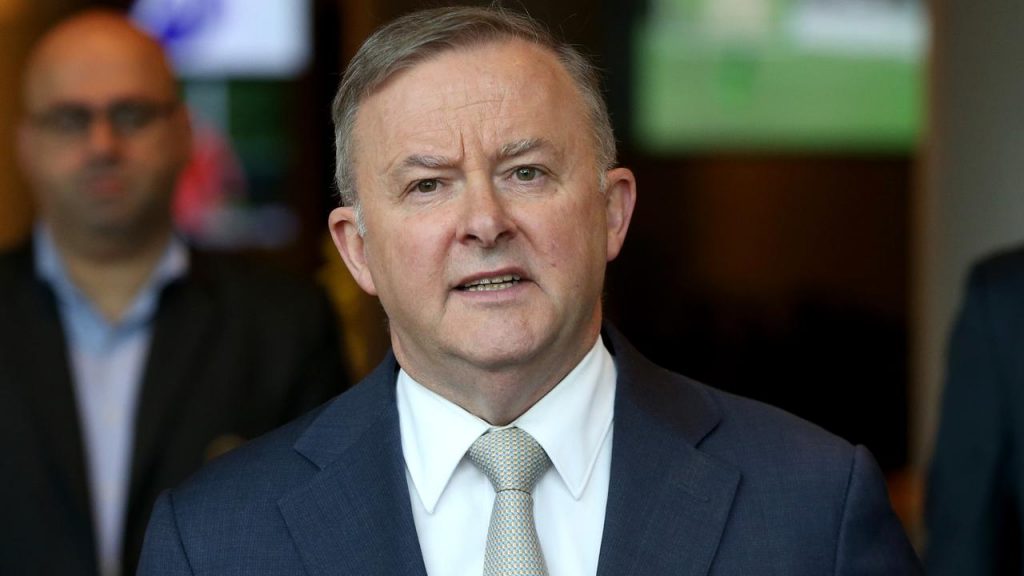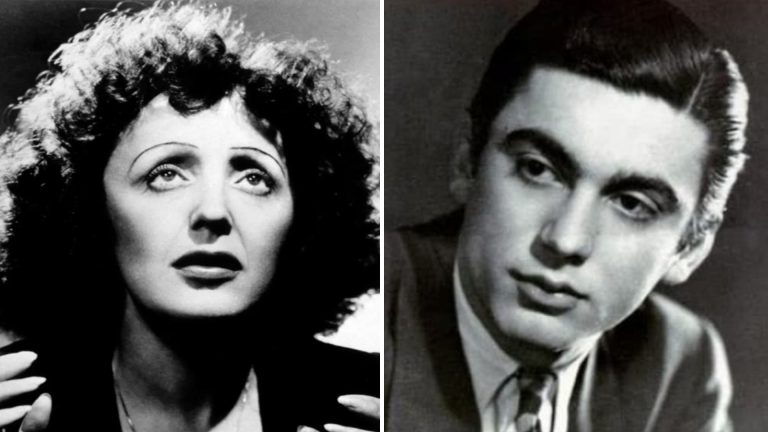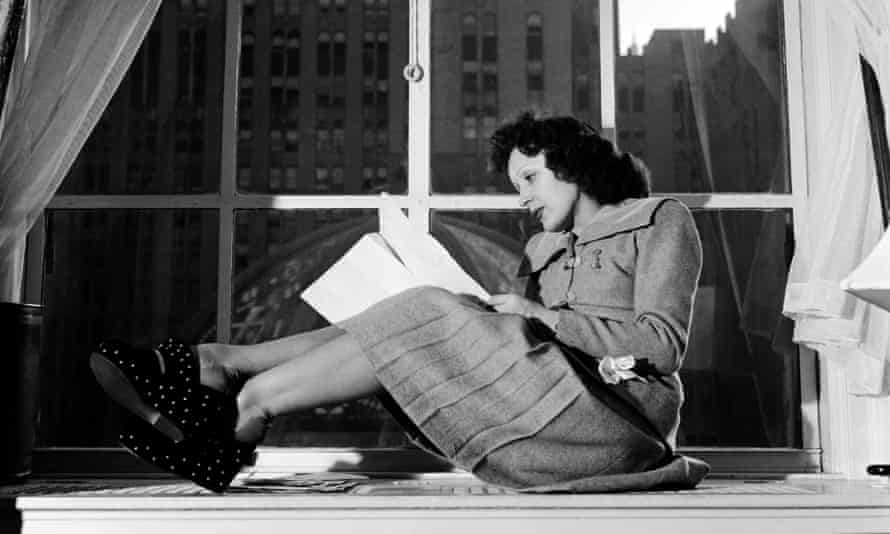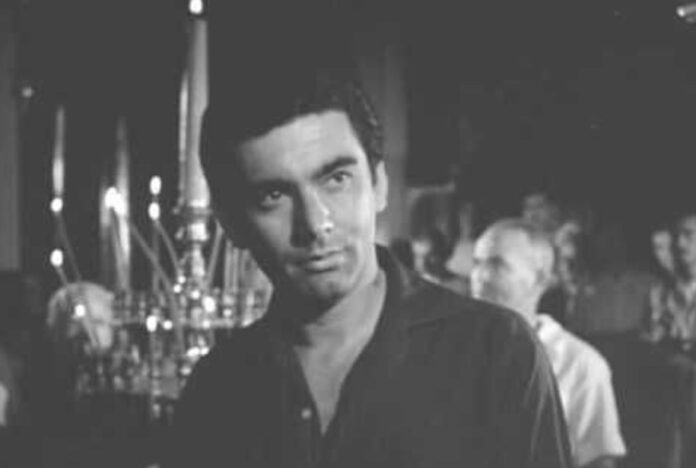Alex Savidis and his young family moved from Sydney to the US in August 2020 to open new cafe, In Common NYC, in the city’s Hudson Yards and what happened next was unexpected.
Alex’s cafe project was not only delayed a full year due to the pandemic, but he and his partner, Dana, also both caught COVID in January, suffering a bad flu and fatigue.
Their two-year-old son didn’t get it, and Dana, who was eight-months pregnant at the time, gave birth to a healthy baby six weeks later, having a planned home birth to avoid COVID-filled hospitals.
Since then, Alex told The Daily Telegraph, life feels quite normal.
“This summer everyone has moved back to the city, apartments are hard to find again and there’s a buzz about the city with people eager to get out and make up for lost time,” Alex said.

“The real change came entering summer 2021, when the city opened back up completely and it took some time after that before indoor dining was allowed at max capacity. Before that was only 10 per cent capacity.”
Currently in the US, people are not required to sign in when entering establishments, though the current guidelines are that masks are required for unvaccinated people and optional for the vaccinated.
“In the supermarkets you’ll see a mix of people with and without masks and nobody is getting hassled for their personal decision,” Alex said.

“Restaurants, bars and gyms all now require to ask for ID and proof of vaccination if anyone wants to go in and use the facility, otherwise outdoor dining is the option for unvaccinated people.”
And what about travel?
“People can move around within the country freely – international travel requires a vaccine or negative COVID test before flying,” Alex said.
“Many of my friends have had trips locally and internationally with no issues. Europe, South and Central America and the Caribbean have all been popular destinations.
“People are just living! You can quarantine when you come back or get a negative COVID test.”
Source: The Daily Telegraph.





